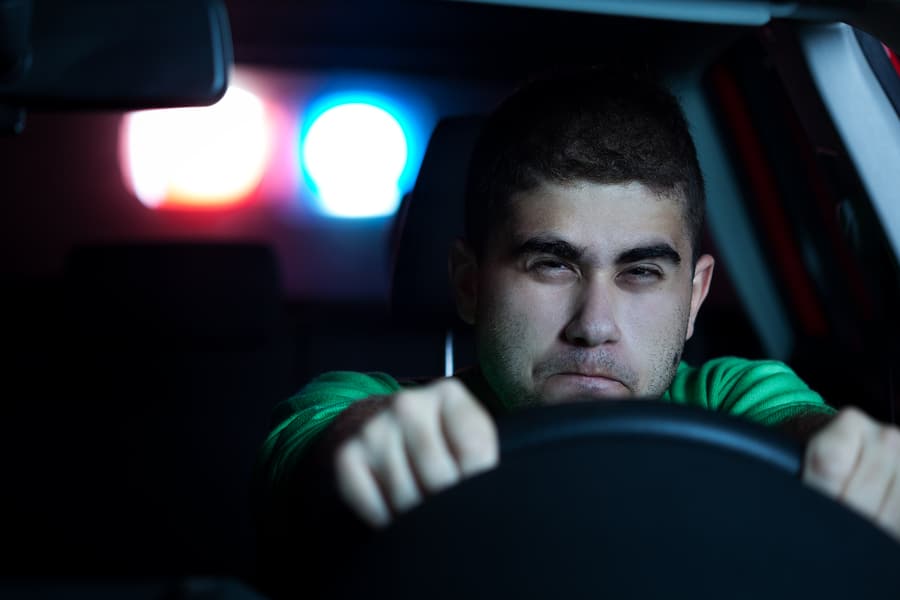Monday, December 30, 2013
New Colorado Drunk Driving Laws Take Effect in January
Beginning January 1, 2014, Colorado drivers who refuse to take a sobriety test will be labeled as "persistent drunk drivers". Currently, motorists who decline to submit to the test are treated as drunk drivers, and their license is suspended. Next year, they will be required to hook a breathalyzer to their car and blow into it to determine their blood alcohol content, before the car would start. Drivers would have to wait two months into their suspension to be eligible for the breathalyzer device. Twenty states now require the devices for first time drunk drivers.
Statistics from Mothers Against Drunk Driving indicate that there were 25,000 DUI arrests in Colorado in 2012, and approximately one third refused to use a breathalyzer or have their blood drawn.
Under the current law, those who have a blood alcohol content of .17 or have multiple convictions are considered persistent drunk drivers. In 2014, the limit will be lowered to .15.
According to the National Highway Traffic Safety Administration, in Colorado in 2012, there were 169 fatal car accidents involving alcohol. Approximately 54 percent involved a driver whose blood alcohol content was greater than .15.
If you have been injured in an auto accident resulting from a drunk driver, call The Law Offices of Robert Paysinger, P.C. office for a free consultation or visit our website at www.paysingerlaw.com and speak to an experienced personal injury attorney.
Source: www.thedenverchannel.com
Wednesday, December 18, 2013
States Debate Uninsured Driver Laws
An estimated 14% of drivers nationally are uninsured, according to the Insurance Research Council. It is a chronic problem that states have been unable to solve. Most states have mandated at least liability coverage to pay for damage and injuries that the driver causes, but problems persist in compliance. It appears that even the threat of fines does not persuade drivers to obtain coverage.
Some states are contemplating using databases to identify and remove the licenses of those who don't have insurance. In November, Oklahoma became the third state to enact a law that lets police pull license plates from vehicles that don't have coverage. The driver can reclaim the plate after obtaining car insurance.
Oklahoma's insurance commissioner, John Doak, says he has "yet to be in a room (for a speech) where there wasn't someone there who was hit or had a family member who was hit" by an uninsured driver. Those who are hit by uninsured motorists may face large medical bills due to deductibles and out-of pocket costs to receive treatment.
California has had some success with a reduced cost policy for good drivers with low incomes, but only about 11,000 motorists are participating in the program. California estimates there are are three million uninsured motorists in the state.
In approximately eight states, police and other officials can get real time data to verify the existence of coverage. Another tactic has been to adopt a "no pay, no play" law, under which uninsured drivers who are in accidents caused by insured drivers can't sue for pain and suffering. However, critics suggest this takes away people's right to sue. The issue continues to confound state officials, and victims of accidents caused by uninsured motorists continue to pay the price.
If you have been injured in a motor vehicle accident, you need to speak with an experienced personal injury attorney today. Call The Law Office of Robert Paysinger at 303-279-0221 or visit our website at: www.paysingerlaw.com
Source: The Wall Street Journal
Subscribe to:
Posts (Atom)
